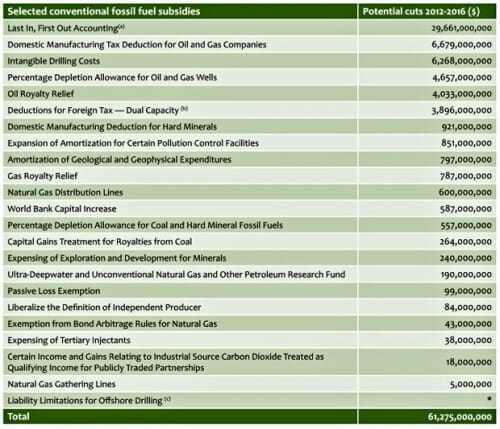As GM was failing, I argued for the normal laws of bankruptcy to be allowed to work. After all, valuable brands and manufacturing facilities were not just going to go *poof* -- someone would purchase them and employ them, and hopefully those someone's would to a better job than the previous owners and managers.
A big part of the "logic" for bailout and Presidential intervention in the auto companies was that auto purchases would halt if consumers were unsure whether their warranties would be honored and service would be available.
From an AP story, November 13, 2008
Advocates for the nation's automakers are warning that the collapse of the Big Three - or even just General Motors - could set off a catastrophic chain reaction in the economy, eliminating up to 3 million jobs and depriving governments of more than $150 billion in tax revenue.
Industry supporters are offering such grim predictions as Congress weighs whether to bail out the nation's largest automakers, which are struggling to survive the steepest economic slide in decades....
Automakers say bankruptcy protection is not an option because people would be reluctant to make long-term car and truck purchases from companies that might not last the life of their vehicles.
Well, it turns out that this was partially bogus. The written warranties are still honored, but GM argues it left liability for any defects or design problems in the old shell company
General Motors Co (GM.N) is seeking to dismiss a lawsuit over a suspension problem on more than 400,000 Chevrolet Impalas from the 2007 and 2008 model years, saying it should not be responsible for repairs because the flaw predated its bankruptcy.
The lawsuit, filed on June 29 by Donna Trusky of Blakely, Pennsylvania, contended that her Impala suffered from faulty rear spindle rods, causing her rear tires to wear out after just 6,000 miles. [ID:nN1E7650CT]
Seeking class-action status and alleging breach of warranty, the lawsuit demands that GM fix the rods, saying that it had done so on Impala police vehicles.
But in a recent filing with the U.S. District Court in Detroit, GM noted that the cars were made by its predecessor General Motors Corp, now called Motors Liquidation Co or "Old GM," before its 2009 bankruptcy and federal bailout.
The current company, called "New GM," said it did not assume responsibility under the reorganization to fix the Impala problem, but only to make repairs "subject to conditions and limitations" in express written warranties. In essence, the automaker said, Trusky sued the wrong entity.
"New GM's warranty obligations for vehicles sold by Old GM are limited to the express terms and conditions in the Old GM written warranties on a going-forward basis," wrote Benjamin Jeffers, a lawyer for GM. "New GM did not assume responsibility for Old GM's design choices, conduct, or alleged breaches of liability under the warranty."
Of course, this happens all the time in bankruptcy (and it is my experience, but I am not a legal expert) that GM may or may not succeed in this argument. It is not always possible to leave liabilities behind in an old corporate shell, or else companies would reorganize every year.
But the point is that the special treatment of GM was supposed to be to protect consumers, and that turns out to be BS. The warranties were likely always going to be protected in any bankruptcy, as such consumer benefits nearly always are in chapter 11 (the fact that you still hold any frequent flyer miles is proof of this, as nearly every airline in the country has been through chapter 11 in the last couple of decades and none of them disavowed their frequent flyer miles, despite the fact that holders are the most unsecured of unsecured creditors).



